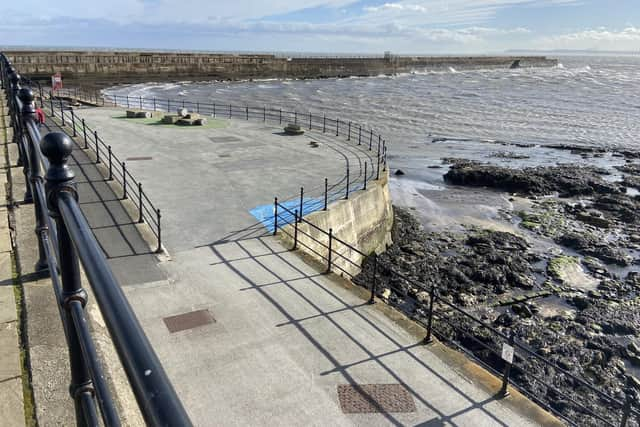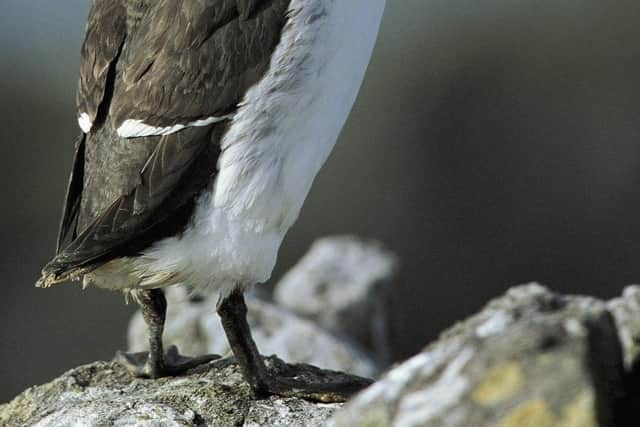Bird flu found in dead wild birds in Hartlepool - official advice is 'do not touch'
and live on Freeview channel 276
There have been a number of confirmed cases of avian influenza in wild birds all over the country this year including in Hartlepool in recent weeks and months.
A Defra spokesperson told the Mail: “We are aware of the wild bird deaths in the Hartlepool area of County Durham, and birds including a guillemot collected from the area in June and early August were found to be positive for highly pathogenic avian influenza (HPAI) H5N1, however wild birds are susceptible to a range of diseases and injuries and not all dead birds will have been infected with avian influenza.”
Advertisement
Hide AdAdvertisement
Hide AdFour gannets in Hartlepool tested positive for bird flu in the week of June 13 according to government data which is updated weekly.


The risk of highly pathogenic avian influenza occurring in wild birds in Great Britain is currently medium, while the the risk of poultry being exposed has been reduced by officials to low.
The Animal and Plant Health Agency (APHA) carries out year-round bird flu surveillance of dead wild birds via public reports and warden patrols.
There have been multiple findings of Highly Pathogenic Avian Influenza (HPAI) H5N1 in wild birds across Britain in addition to a single finding of HPAI H5N8 in a wild bird.


What should you do if you find any dead birds?
Advertisement
Hide AdAdvertisement
Hide AdMembers of the public should call the Defra helpline if they find one or more dead bird of prey or owl, three or more dead gulls or wild waterfowl (swans, geese and ducks), or five or more dead birds of any species.
Defra said: “We then collect some of these birds and test them to help us understand what risk posed to poultry and other captive birds is through understanding how the disease is distributed geographically and in different types of wild bird, not all birds will be collected.”
Where dead birds are not needed for surveillance purposes the landowner is responsible for safely disposing of the carcases.
The local authority is responsible for disposing of those on public land.
Defra says: “Do not touch or pick up any dead or visibly sick birds that you find.”
The Defra helpline number is 03459 335577.
